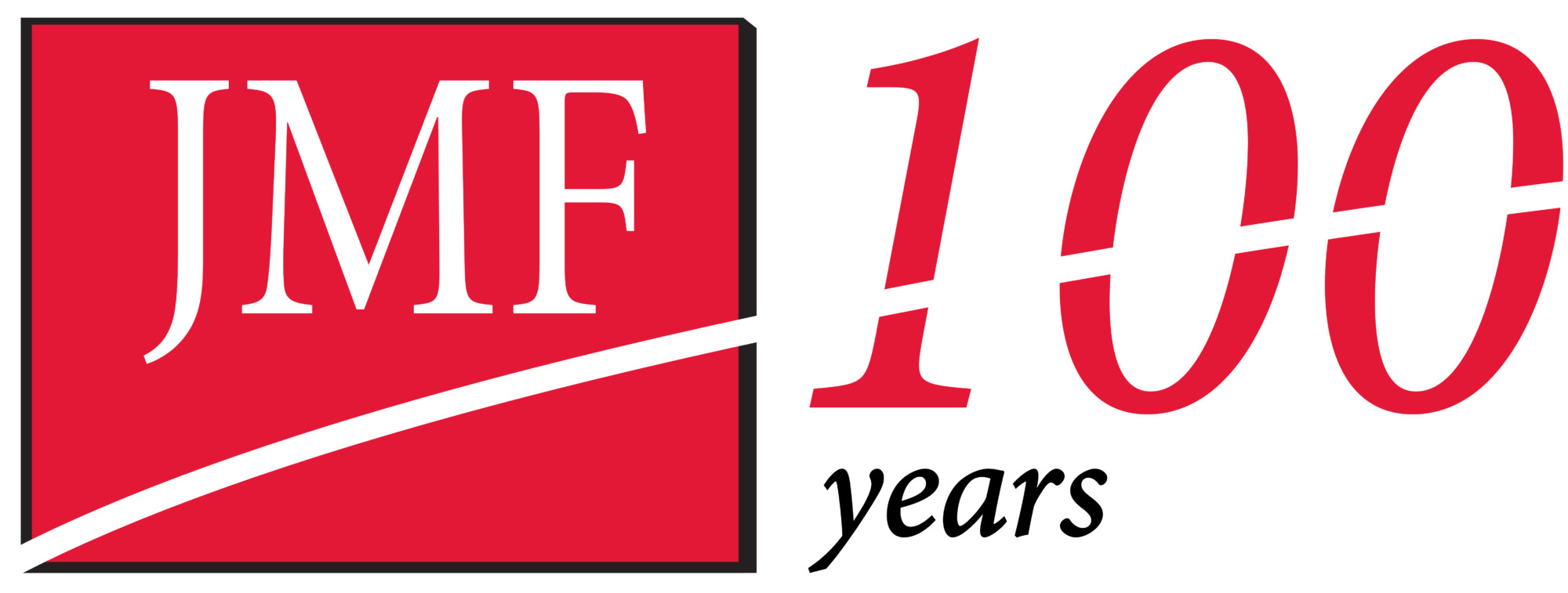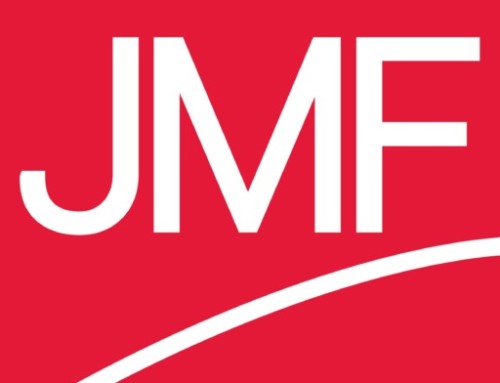ALABAMA TORNADO ASSISTANCE AND RELIEF
May 5, 2011
On April 28th the President declared a major disaster exists in the State of Alabama and ordered Federal aid to supplement State and local recovery efforts in the area struck by severe storms, tornadoes, straight-line winds, and flooding beginning on April 15, 2011, and continuing. The President’s action makes Federal funding available to affected individuals and businesses in the counties of Autauga, Bibb, Blount, Calhoun, Chambers, Cherokee, Chilton, Choctaw, Clarke, Colbert, Coosa, Cullman, DeKalb, Elmore, Etowah, Fayette, Franklin, Greene, Hale, Jackson, Jefferson, Lamar, Lauderdale, Lawrence, Limestone, Madison, Marengo, Marion, Marshall, Morgan, Perry, Pickens, Shelby, St. Clair, Sumter, Tallapoosa, Talladega, Tuscaloosa, Walker, Washington and Winston (updated through 5/5/11) http://gis.fema.gov/maps/dec_1971.pdf.
FEMA Assistance
Generally, FEMA assistance is available for an uninsured or underinsured individual or business who suffered a loss of property due to the storms in a county included in the presidentially declared disaster area.
Assistance is available in the form of grants for temporary housing, basic home repairs, other serious disaster-related needs, and low-interest disaster loans. Renters, homeowners and business owners may apply for help through the Federal Emergency Management Agency (FEMA). The types of assistance for affected individuals and families can be found at www.fema.gov/news/newsrelease.fema?id=54563.
You need to register online at www.DisasterAssistance.gov or call 800-621-FEMA (3362). The following link will explain the process in “Three Easy-Steps” for FEMA registration http://www.fema.gov/news/newsrelease.fema?id=54689.
For more detailed information, please review the FEMA “Help After a Disaster” handbook found at www.fema.gov/assistance/process/guide.shtm
Qualified Disaster Relief Payments -Are They Taxable?
Qualified disaster relief payments paid to an individual are not taxable to the recipient. The exclusion does not apply to payments in the nature of income replacement such as payments to individuals for lost wages, unemployment compensation, or payments to replace business income. Grants made to businesses are not included in the exclusion as the exclusion only applies to individuals.
IRS Tax Relief
The IRS is postponing until June 30 certain deadlines for taxpayers who live or have a business in the disaster area. This includes the following:
- Making contributions to qualified retirement plans including Individual Retirement Accounts
- Filing any return of income tax, employment tax, alcohol and tobacco tax, estate tax, gift tax and generation skipping tax
- Paying any income tax (Form 1040 and 1040-ES), estate tax, generation skipping tax, excise tax, alcohol and tobacco tax, and employment tax.
- The IRS is waiving the failure-to-deposit penalties for employment and excise tax deposits due on or after April 15 and on or before May 2, 2011, as long as the deposits were made by May 2, 2011.
If an affected taxpayer receives a penalty notice from the IRS, the taxpayer should call the telephone number on the notice to have the IRS abate any interest and any late filing or late payment penalties that would otherwise apply or contact JMF for assistance. Penalties or interest will be abated only for taxpayers who have an original or extended filing, payment or deposit due date, including an extended filing or payment due date, that falls within the postponement period.
Alabama Tax Relief
Alabama Commissioner of Revenue Julie Magee issued an order granting automatic Alabama filing extensions to storm victims located in the same Alabama counties.
The extension order allows affected taxpayers to have until June 30, 2011, to file any Alabama tax return and state-administered local tax return that would have been due on or after April 15, 2011, and on or before June 30, 2011, without being subject to penalties and discount loss. Alabama’s tax laws have no provision for the waiver of interest; however, late payment penalties will be waived for the affected taxpayers.
Taxpayers seeking this Alabama tax relief should write “April Storms 2011” in red ink on any paper return/report that relies on this filing extension relief. In regard to electronically filed returns/reports, affected taxpayers should contact the ADOR for filing guidance.
Disaster Casualty Losses
Casualty losses caused by the recent storms and tornados may provide a tax deduction. The amount of the deductible loss will depend upon whether the asset was personal use property or business property.
Personal Use Property The amount of the casualty loss for personal use property is the lesser of your cost or the difference between the fair market value of the property immediately before the casualty and the fair market value of the property immediately after the casualty.
It may be difficult to determine the decrease in fair market value before and after the casualty. If the loss is significant, taxpayers are encouraged to use an independent appraisal to determine the decrease in value. Independent appraisals may also help a taxpayer negotiate a higher settlement or claim with their insurance company. A taxpayer should retain all receipts for repairs and costs incurred to secure or restore the property after the disaster. The repair cost could potentially be used as the amount of the casualty loss.
For disaster losses in federally declared disasters like this one, the IRS is authorized to issue guidance allowing appraisals used to obtain federal government aid to establish the amount of the casualty loss.
The deductible loss is reduced by any insurance reimbursement. Grants, including FEMA grants, that are required to be used to replace or repair property would be considered reimbursement and reduce the amount of casualty loss allowed. If the grants are not required to be used to repair or replace property, they are not included in the loss computation.
After the casualty loss is determined and reduced by any insurance proceeds or applicable grants received, it is reduced by $100 per casualty event, not per each item of property. After the loss is reduced by $100, it is further reduced by subtracting 10% of your adjusted gross income (AGI). The resulting casualty loss is reported as an itemized deduction on Schedule A. Note: It is possible that the 10% AGI threshold will be removed by legislation as was done for Katrina losses. As of 5/4/2011 this had not been passed.
Business and Rental Property – Business losses are not subject to either the $100 limitation or the 10% of income limitation. If the business property is completely lost or destroyed, the full adjusted tax basis is allowed as a casualty loss deduction and there is no requirement to prove fair market values before and after the casualty.
If the insurance proceeds exceed the basis of the property, then the taxpayer may have a taxable gain unless they defer the gain under the involuntary conversion rules. We will cover these rules in a separate article soon.
Rental property casualty losses are not subject to the passive loss limitations as long as the losses are claimed as a casualty instead of just a repair deduction.
Taxpayers may elect to deduct a disaster loss either in the tax year in which the disaster occurs or in the immediately preceding tax year. Therefore, those with losses from the April 2011 tornadoes and storms may elect to report the loss on their 2011 tax return (to be filed in 2012) or they may amend their 2010 tax return (no amendment required if the return is under extension). Taxpayers claiming the disaster loss on last year’s return should put “Alabama/Severe Storms, Tornadoes, Straight-line Winds and Flooding” at the top of the tax form so that the IRS can expedite the processing of the refund.
Alabama follows the Federal rules on claiming casualty loss deductions with the exception of the reporting year. You may not claim a 2011 casualty loss on a 2010 Alabama tax return.
More Information
Watch for our next email that will cover more disaster related relief including:
Involuntary Conversions for Business Property
Inventory Gain Deferral
Disaster Relief and Retirement Plans
For more information, please do not hesitate to contact JamisonMoneyFarmerPC at 205-345-8440. You can also visit our website at www.stg-zofavina-staging.kinsta.cloud to monitor updates.
ANY TAX ADVICE CONTAINED HEREIN WAS NOT INTENDED OR WRITTEN TO BE USED, AND IT CANNOT BE USED BY THE TAXPAYER, FOR THE PURPOSE OF AVOIDING PENALTIES THAT MAY BE IMPOSED ON THE TAXPAYER. THIS DISCLOSURE IS REQUIRED BY CIRCULAR 230 ISSUED BY THE U.S. TREASURY DEPARTMENT.
2200 Jack Warner Parkway, Suite 300,Tuscaloosa, AL 35401 | 205-345-8440 | www.stg-zofavina-staging.kinsta.cloud | info@jmf.com
[/readMoreContent]







Leave A Comment
You must be logged in to post a comment.